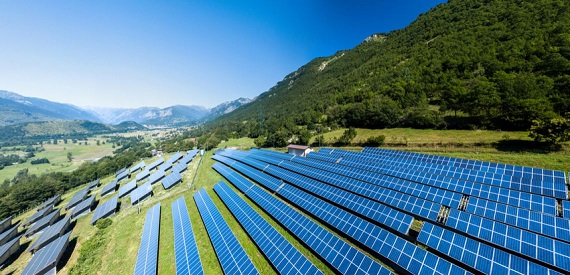The European Commission (EC) has published recommendations by a group of experts, the Strategic Forum on Important Projects of Common European Interest (IPCEIs), to boost Europe's competitiveness and global leadership in six strategic and future-oriented industrial sectors: Connected, clean and autonomous vehicles; Hydrogen technologies and systems; Smart health; Industrial Internet of Things; Low-carbon industry; and Cybersecurity. IPCEIs comprise innovative research projects that often entail significant risks and require joint, well-coordinated efforts and transnational investments by public authorities and industries from several Member States. In addition to recommendations specific to each of the value chains, the report also identifies horizontal enabling actions:
- Pooling public and private resources at EU, national and regional levels; The EU should coordinate these joint investments, targeting first industrial deployment and the commercialisation of new technologies;
- Deepening and integrating the single market through regulations and new standards;
- Mapping and developing the skills needed across the value chains;
- Making innovation systems in Europe more dynamic, with a focus on public-private partnerships;
- Setting a governance process to monitor technological and industrial changes, etc.
EU-wide Cybersecurity legislation: implementation of the EU rules in the energy sector
The European Commission has just published a report with key findings on how the EU cybersecurity rules under the NIS Directive are implemented in the crucial Energy sector, in particular in electricity, gas and oil areas. The report takes stock of the implementation of the main NIS Directive requirements across the EU, notably on the ways to identify the so-called Operators of Essential Service (OES), security measures, incident notification requirements. The report includes information on governance models chosen, lessons learnt and best practices at national level and presents cybersecurity capabilities of EU associations, organisations and bodies with a role in the energy sector. In addition, it provides an overview of the different public-private collaboration schemes in place across the EU. In line with the Commission Recommendation of 3.4.2019 on cybersecurity in the energy sector, the document supports Member States in addressing energy sector specificities, such as real-time security requirements, cascading effects and the combination of legacy and state-of-the-art technologies, when implementing the NIS Directive.







